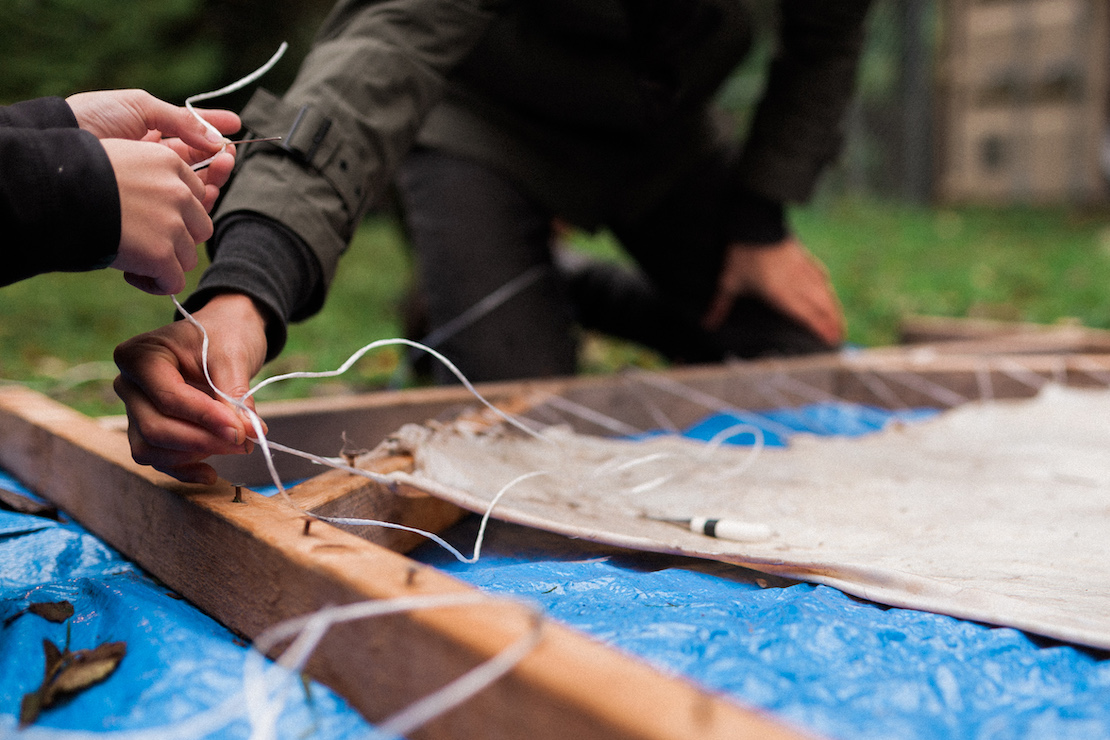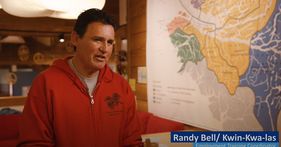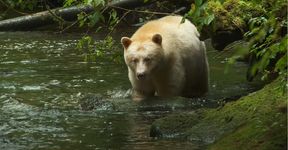Provincial parks in British Columbia cover a large part of the province and include many culturally important places for First Nations . BC Parks recognizes that building and maintaining relationships with First Nations has not always been a major driver in park establishment or management. More recently, it has become a central part of the work we do.
We are working toward true and meaningful collaboration with First Nations, informed by respect for their deep and ongoing connections to the land. Today, reconciliation is a core principle guiding the work of BC Parks. It is a shared responsibility of everyone in our agency.
We’ve partnered with First Nations communities on hundreds of projects to nurture our common interests in land stewardship, management, and appreciation. We continue to renew and strengthen our relationships with First Nations. We strive to better integrate Indigenous knowledge, values, and interests into planning and park management as we work together towards a shared future.
BC Parks recognizes and affirms the continued exercise of constitutionally protected Aboriginal rights in provincial parks and protected areas. These rights include hunting, fishing, gathering, social, and ceremonial activities.
BC Parks uses a distinction-based approach, acknowledging the specific rights, interests, priorities and concerns of First Nations, Métis and Inuit, while respecting and acknowledging that each group has unique cultures, histories, rights, laws, and governments. As a land-based agency, BC Parks engages predominantly with First Nations due to the intersection of government land management with constitutionally protected Aboriginal rights and title.
About Indigenous Peoples in British Columbia
Did you know there are 35 distinct Indigenous culture and language groups, and over 200 First Nations communities in British Columbia? To learn more about First Nations cultures, practices, language, names, and terminology in B.C., follow the links below:
BC Parks' partnerships with First Nations
BC Parks’ commitment to reconciliation is guided by provincial, federal, and international documents. Follow the links below to read the documents that inform BC Parks’ reconciliation work:
- The United Nations Declaration on the Rights of Indigenous Peoples (UNDRIP)
- Truth and Reconciliation Commision Calls to Action [PDF]
- Declaration of the Right of Indigenous Peoples Act
- Draft Principles that Guide the Province Of British Columbia's Relationship with Indigenous Peoples [PDF]
- Ministerial Mandate Letter [PDF]
BC Parks' commitment to reconciliation
BC Parks is proud of the collaborative work we do with First Nations in our shared responsibility to preserve and steward protected areas. Some examples of this work include:
- Woss / Wa’s Lake Provincial Park - Historic Grease Trail restoration with 'Namgis
- Three B.C. parks renamed as part of reconciliation efforts
- Connecting with Indigenous languages in BC's Parks
- Saysutshun: Teachings and history explored through renamed park
- ȽÁU,WELṈEW̱/John Dean Park: Celebrating renaming to include Indigenous name
- Conservation and culture at the heart of newly protected areas
- Conservancy renamed Ice Mountain, reflects Tahltan heritage
Recognizing Indigenous place names
BC Parks recognizes and respects Indigenous place names. The Indigenous (re)naming of our parks and protected areas is an important step in our ongoing reconciliation efforts with First Nations. Use our Parks and Protected Areas Indigenous (re)Naming Checklist below to learn how to submit a name change proposal.
BC Parks Reconciliation Action Plan
The BC Parks Reconciliation Action Plan highlights work we're already doing and visionary actions for the future.


